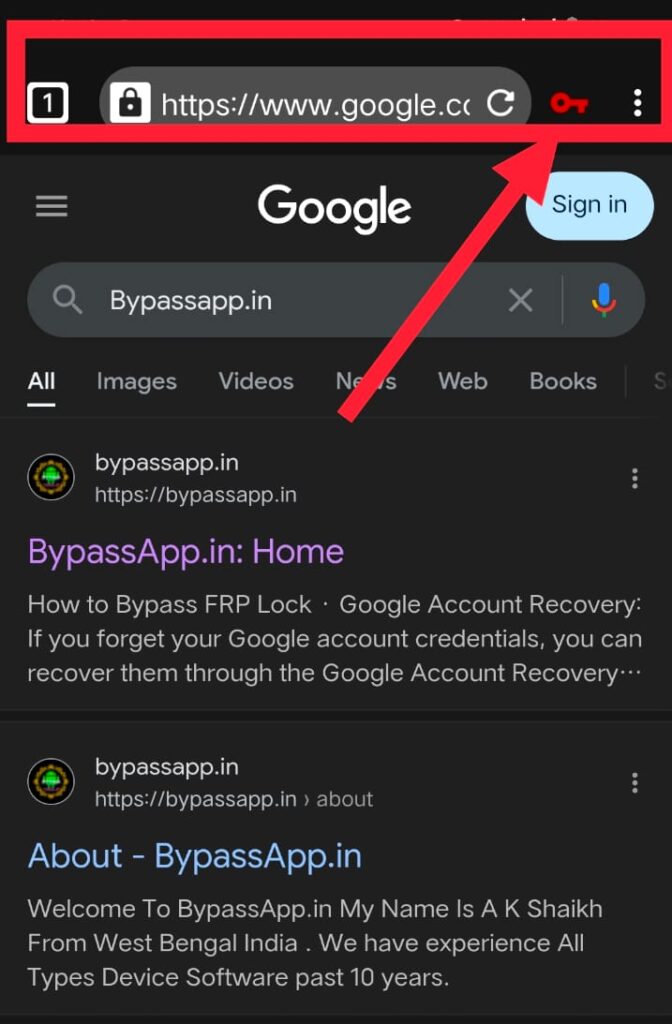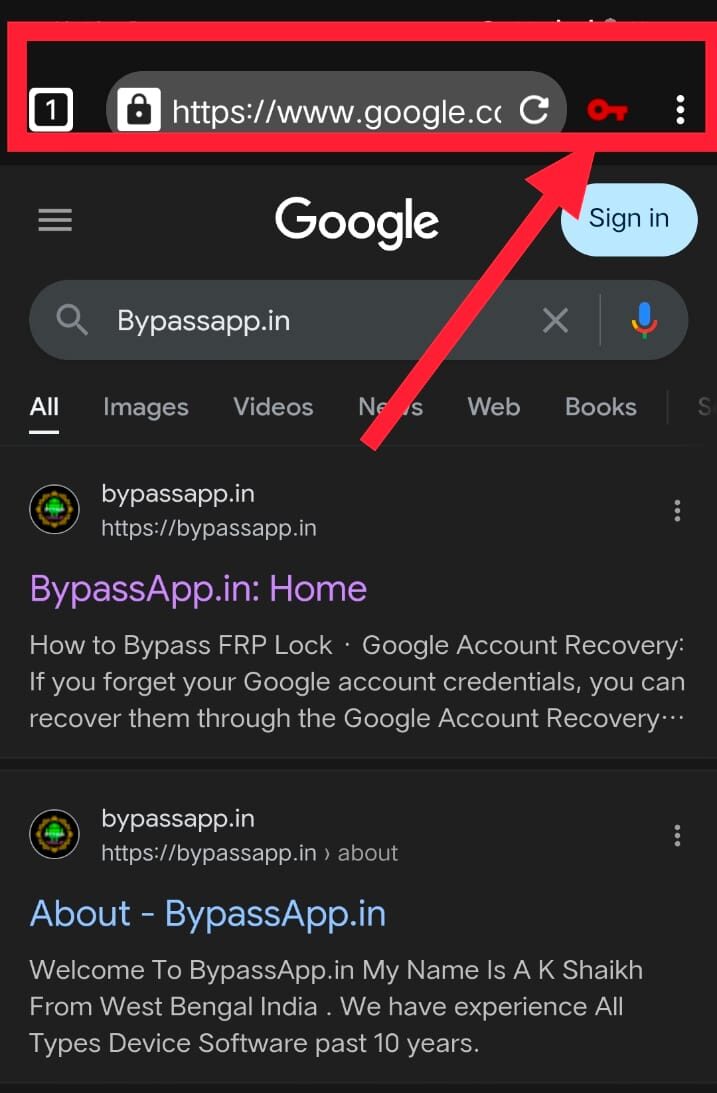Xnxubd Vpn Browser Apk Understanding VPNs and How to Safely Use Them
In today digital age, privacy and security are more important than ever. Every time we browse the internet, we leave a trail of data that can be accessed by others from websites we visit to information we share. This is where Virtual Private Networks, or VPNs, come in. VPNs are tools that help protect your online privacy and allow you to browse the internet safely, especially when using public Wi Fi networks or accessing content that may be restricted in your region. In this article, well explore what VPNs are, why they’re essential, and how to make sure you’re using a reliable and safe VPN service.

What is xnxubd vpn browser apk?
A Virtual Private Network (VPN) is a service that creates a secure and encrypted connection between your device and the internet. Essentially, it creates a tunnel for your data to travel through, ensuring that no one – not hackers, not your internet service provider, and not even government entities – can see or interfere with your online activities.
When you use a VPN, your device connects to a server operated by the VPN provider. Your data is then encrypted and sent through this server before reaching the internet. This process hides your actual IP address and replaces it with the IP address of the VPN server. This makes it difficult for websites or any third parties to track your online actions or identify your location.
Why Do People Use VPNs?
There are several reasons why individuals choose to use a VPN service, some of the most common being:
- Privacy Protection: VPN hide your actual IP address, helping keep your browsing activities private and preventing websites from tracking your behavior. This is particularly useful if you’re concerned about advertisers, data collectors, or hackers trying to access your personal information.
- Security on Public Wi-Fi: Public Wi-Fi networks, like those found in cafes, airports, and hotels, are notorious for being insecure. A VPN encrypt your internet connection, making it much more difficult for cybercriminals to intercept your data on these open networks.
- Access Restricted Content: Many websites, streaming services, and online platforms restrict content based on geographical locations. For example, certain Netflix shows or YouTube videos might not be available in your country. By using a VPN, you can connect to a server in a different country and access content that is normally unavailable in your region.
- Bypassing Censorship: In some countries, access to certain websites or social media platforms is restricted or censored. A VPN allows users to bypass these blocks and access the full internet without censorship.
- Avoiding Price Discrimination: Some websites offer different prices based on the user location. For example, airlines or ecommerce websites might show different prices depending on the country you’re browsing from. Using a VPN allows you to appear in a different location and potentially find better deals.
How Does a VPN Work?
At its core, a VPN works by creating an encrypted tunnel between your device and the VPN server. Here a step by step breakdown of how it functions:
- Device to VPN Server: When you use a VPN, your device (whether it’s a smartphone, laptop, or tablet) connects to a server run by the VPN provider. This server can be located anywhere in the world, which allows you to access content as if you were browsing from that specific location.
- Encryption: All the data exchanged between your device and the VPN server is encrypted, meaning that even if someone intercepts the data, they won’t be able to read it. This encryption keeps your data secure, even on less secure networks like public Wi-Fi.
- Changing Your IP Address: Once the data reaches the VPN server, its forwarded to the website or service you re trying to access. The website sees the IP address of the VPN server, not your actual IP address. This protects your identity and location.
- Accessing the Internet: After the website sends back the requested information, it travels through the encrypted tunnel back to your device. Since your device is connected to a VPN server, your online identity remains hidden.
Types of VPN Services
There are several types of VPN services available, each with its own benefits. The two main categories are:
- Paid VPNs: These VPN services generally offer more advanced features, higher speeds, and greater reliability. Some of the most well known paid VPN services include ExpressVPN, NordVPN, and CyberGhost. These providers often have a range of server locations around the world, which helps you access content from different regions.
- Free VPNs: There are also free VPN services available, but these often come with limitations. While they can provide basic privacy protection, they may have slower speeds, fewer servers, and more intrusive advertising. Some free VPNs may even log your data and sell it to third parties, which defeats the purpose of using a VPN in the first place. Therefore, it’s essential to do thorough research before opting for a free VPN.
How to Safely Use a VPN
While VPNs are powerful tools for enhancing online privacy and security, they are not foolproof. Here are some best practices for safely using a VPN:
- Choose a Trusted VPN Provider: Not all VPN services are created equal. Some free VPNs or lesser known providers may compromise your privacy by logging your data or selling your information to third parties. Look for a VPN with a transparent privacy policy, no logs policy, and a strong reputation for keeping user data secure.
- Use a Strong Encryption Protocol: VPNs use different types of encryption protocols, such as OpenVPN, IKEv2, and WireGuard. The most secure and widely recommended protocols are OpenVPN and WireGuard. Check to see if your VPN provider offers these protocols to ensure maximum protection.
- Enable the Kill Switch Feature: Many VPNs offer a kill switch feature, which automatically disconnects your internet if the VPN connection drops unexpectedly. This ensures that your real IP address and sensitive data are never exposed.
- Dont Use VPNs for Illicit Activities: While VPNs offer privacy, its essential to remember that using a VPN for illegal activities, such as accessing pirated content or engaging in cybercrime, is still against the law. A VPN can protect your identity, but it doesnt make illegal actions legal.
- Regularly Update Your VPN Software: To stay protected against new threats, its important to keep your VPN app or software up to date. This ensures that you have the latest security patches and bug fixes.
Risks of Untrusted VPN Providers
Using an untrustworthy VPN provider can be risky. Some VPN services, particularly free ones, may sell your data to third parties or may not offer adequate encryption to protect your privacy. Here are some of the risks of using an unreliable VPN:
- Data Logging: Some VPNs log your online activities, such as the websites you visit or the content you stream. This undermines the very purpose of using a VPN to protect your privacy. Always choose a provider with a clear no logs policy.
- Malware and Adware: Certain free VPN apps or lesser known providers may come with malware or adware that can harm your device or compromise your privacy. Always download VPN apps from trusted sources like the official Google Play Store or Apple App Store.
- Data Breaches: If a VPN provider experiences a data breach, your personal information may be exposed. It’s essential to choose a VPN with a strong security track record and a commitment to safeguarding user data.
xnxubd vpn browser apk download
Conclusion
In a world where online privacy is constantly at risk, using a VPN can be an excellent way to protect your data and maintain anonymity while browsing the internet. By masking your IP address, encrypting your connection, and allowing you to bypass restrictions, a VPN offers many benefits. However, it’s important to choose a trusted and reliable VPN service to ensure your privacy is truly protected. Whether you opt for a paid service or a free one, always make sure to do your research and choose a provider with a solid reputation for keeping user data safe.
